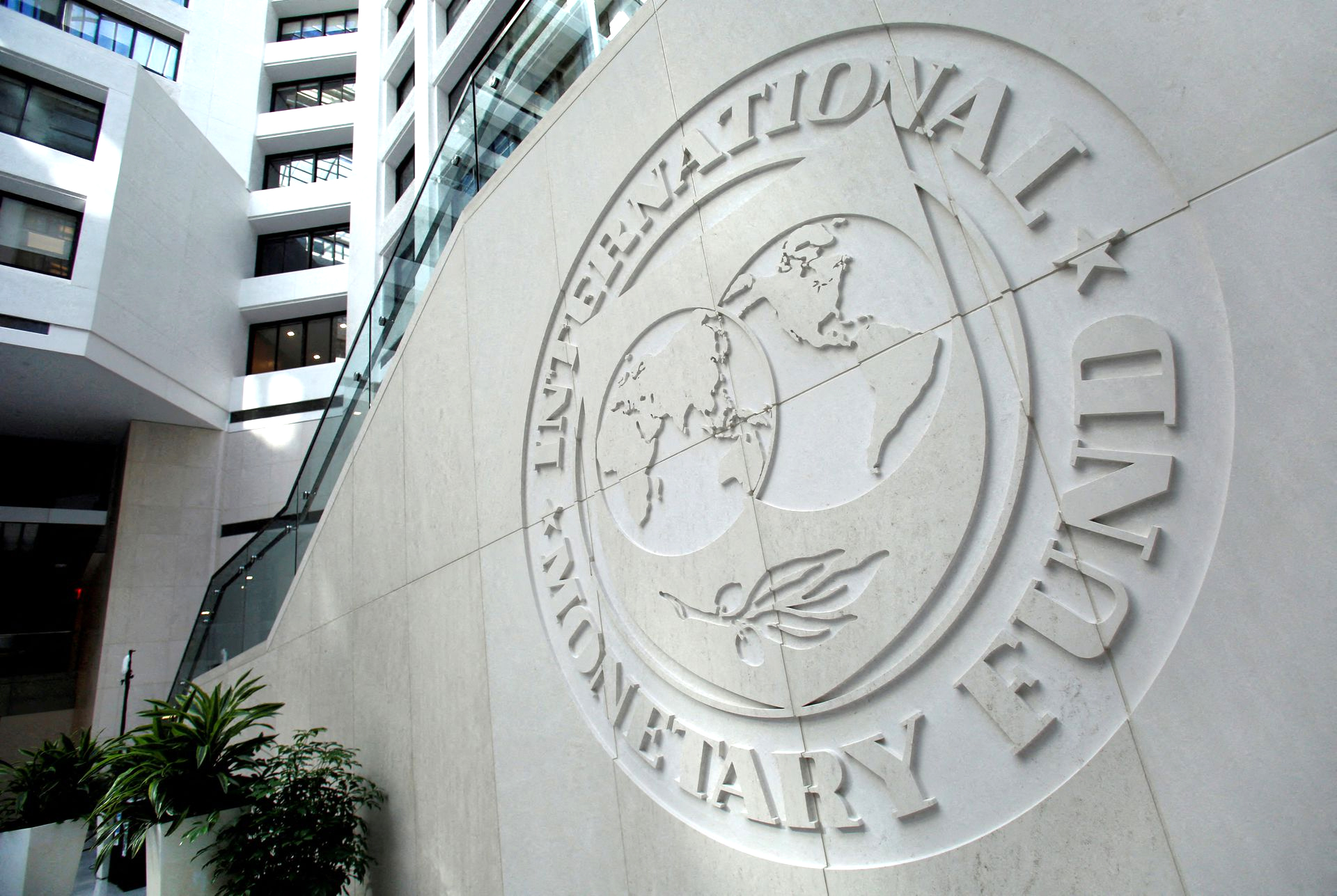During the week of October 13-19, the annual meetings of the International Monetary Fund (IMF) and the World Bank took place, with discussions primarily focused on long-term global economic challenges and policy responses.
The IMF’s report highlights that recent developments have exceeded expectations. Specifically, despite geopolitical tensions and rising trade protectionism, global economic growth of 3 per cent is deemed satisfactory, inflation has remained mild while both the stock and bond markets are exhibiting generally favourable trends.
However, the IMF identifies two serious long-term challenges that the global economy is likely to face.
First, the high valuations of technology stocks, combined with low bond spreads, are occurring in an environment of heightened economic and political uncertainty. In this context, the rapid acceleration of investments in artificial intelligence could lead to a significant market correction if expectations for productivity gains and returns fail to materialise.
Second, rising public debt trends in countries such as the US, France, Italy, UK and China, along with the increased role of non-bank investors (for example hedge funds) in bond markets, contribute to greater market vulnerability.
Furthermore, a potentially vicious cycle between banks and sovereign debt exacerbates systemic risks, particularly in the event of widening spreads within the eurozone.
Additional concerns highlighted in the IMF report include the growing interconnection between the banking sector and the non-banking financial sector, which operates under relatively low levels of regulatory supervision, the weakening of the US dollar, which diminishes its traditional role as a stabilising force in global financial markets, and the increased use of the so-called “stablecoins”, which may undermine the soundness of the banking system and the effectiveness of monetary policy.
Stablecoins are a type of cryptocurrency designed to maintain a stable value by being pegged to a reserve asset, such as a fiat currency (for example the US dollar) or a commodity (for example gold). While they offer the benefits of digital assets, such as fast transactions and global accessibility, they also introduce regulatory and financial stability risks, especially if widely adopted without adequate oversight.
The IMF’s main policy recommendations include avoiding the escalation of trade tensions between the US and China, pursuing bilateral agreements with the US to reduce import tariffs and simultaneously advancing regional trade agreements to promote open markets and economic integration.
For the EU, this entails upgrading trade agreements with third countries in order to enhance competitiveness and resilience.
Regarding fiscal policy, the recommendations reflect the IMF’s dual approach of preventive measures to strengthen resilience in well-positioned economies, and corrective actions to mitigate risks in more vulnerable fiscal environments.
Specifically, the IMF advises utilising fiscal space in countries with trade surpluses and high savings rates, such as Germany and China to stimulate demand and support growth.
For example, Germany is encouraged to increase public investment in infrastructure and digital transformation to boost productivity and domestic consumption. China, meanwhile, is advised to expand social safety nets and green energy initiatives to support long-term sustainable growth.
In countries experiencing alarmingly growing public debt levels, including the US, France and the UK, the IMF recommends implementing corrective fiscal measures, such as targeted spending cuts, improved tax compliance and reforms to entitlement programs to stabilise debt trajectories.
The US, for instance, is urged to address rising healthcare and pension costs, while France and the UK are advised to streamline public sector expenditures and enhance fiscal transparency.
In the current climate of widespread uncertainty and inflationary pressures, preserving the independence of central banks from political influence is considered essential to maintain public confidence in their ability to control inflation.
Additionally, strengthening the regulatory oversight of non-bank financial entities and digital assets like stablecoins is deemed necessary to safeguard financial stability.
The IMF also emphasises the importance of enhancing transparency and data-sharing across financial institutions to better monitor systemic risks. This includes improving stress-testing frameworks and developing early warning systems that can detect vulnerabilities before they escalate into full-blown crises.
Moreover, greater international coordination is needed to address cross-border financial risks, especially in an era of digital finance and decentralised markets.
In conclusion, systematic analysis of financial stability issues serves as a valuable complement to traditional macroeconomic assessments, enabling policymakers to better identify and address long-term risks.
In Cyprus, the Central Bank’s ongoing efforts in this area merit close attention and support, as they contribute to the broader understanding of systemic vulnerabilities and resilience.
Andreas Charalambous and Omiros Pissarides are economists and the views they express are personal







Click here to change your cookie preferences